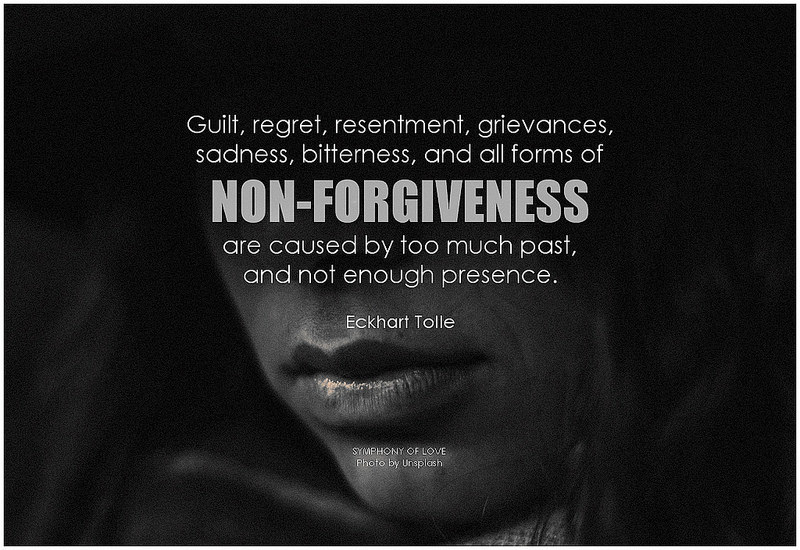Useful Links & Information
Resources and information on some of the most commonly types of disorders.

When I go to therapy, is it confidential?
Any services provided by a mental health professional are protected under the HIPAA-Health Insurance Portability and Accountability Act.
Why should I seek help?
The most common myth and stereotype of therapy, is that people who seek therapy are crazy or weak, when it fact it takes someone strong to recognize the need and seek the help of a mental health professional. If you are experiencing signs and symptoms that are effecting your day to day living, you should seek help immediately.
How do I know that I may need help?
There are some common signs that you may be experiencing some sort of mental health crisis and are in need of help. The most common signs are:
1.A traumatic event has happened in your life.
2. You are not feeling like “yourself” or have lost interest in the things you used to do.
3.Using negative things to cope like drugs, sex, food and alcohol.
4. The death of a loved one or close friend.
5. Major life event change.

Depression and Anxiety
National Institute of Mental Health
http://www.nimh.nih.gov/health/topics/depressi
On
National Alliance on Mental Illness
https://www.nami.org/Learn-More/Mental-Health-Conditions/Depression

Attention Deficit Hyper-Activity Disorder
ADHD&You
CHADD The National Resource on ADHD-
What is ADHD?
http://kidshealth.org/en/parents/adhd.html
NIMH-Attention Deficit Hyper-Activity Disorder-
http://www.nimh.nih.gov/health/topics/attention-deficit-hyperactivity-disorder-adhd/index.shtml

Suicide Prevention
National Suicide Hotline-
www.crisistextline.org
Call 1-800-273-8255
Available 24 hours everyday
Suicide Prevention Lifeline-
www.suicidepreventionlifeline.org
Veterans’ Crisis Line-
Frequently Asked Questions
Telehealth/Telemedicine/ Online Counseling/ Online Therapy/ Virtual Counseling
Many people are still unsure what exactly is and what to expect when it comes to virtual counseling, telemedicine or whatever name you’d like to give it. If you’re wondering if telemedicine is for you and how it works here are a few steps. Within the past few years, telemedicine has grown at a rapid pace, people are in need of help and have turned to technology as a convenient and secure way to meet their needs. While many still are skeptical about and don’t feel totally comfortable with it just yet most people find that its just as effective as face to face. But to be effective the following must occur:
- When in session during telehealth, it is important that you’re in a safe, quiet, distraction free environment, so that the therapist and yourself are getting the most out of it.
- At first it may be strange or awkward seeing a stranger through your computer but rest assured, with time you will ease in and feel in sync with your therapist.
- Because this is a virtual session, and sometimes your therapist can’t pick up on your body language, be sure to express all that you are feeling and going through at that moment.
- Be also aware that there may be some technical difficulties that can include, delay in voice or motion, or either of parties can’t hear or see. These are common causes in technology
How long does each session typically last?
A session can range anywhere from 30 minutes, 45 or 60 minutes. Most people opt for the 60-minute session.
Why shouldn’t I just take medication?
Medication is still seen as a taboo worldwide. Often times, also seen as a “crutch” to not deal with the deep-rooted problem. When taking just medicine without a treatment plan, or accompanied by a therapist or anyone of the sort, we are just “bandaging” the problem. It does not solve all your issues. Now, when you have therapy involved with medicine not only will the medicine treat your symptoms but in therapy you will learn different coping skills and techniques to learn how to rewire your brain, train your thoughts, and possibly even answer the “whys” you’ve held on for too long.
I’m new to therapy, never have spoken to anyone because I’m so used to doing things on my own. What should I do?
If you’re reading this, you’ve already taken the first step; seeking for help. The next step might be a little difficult, but you’ll be halfway there. Give us a call, so we can schedule a consultation and steer you in the right direction.
How often do I go to therapy?
That is something to be discussed with your therapists. It all depends on where you are and your availability. Everyone’s journey is different; therefore, we have clients who come in weekly, bi-weekly and so forth.